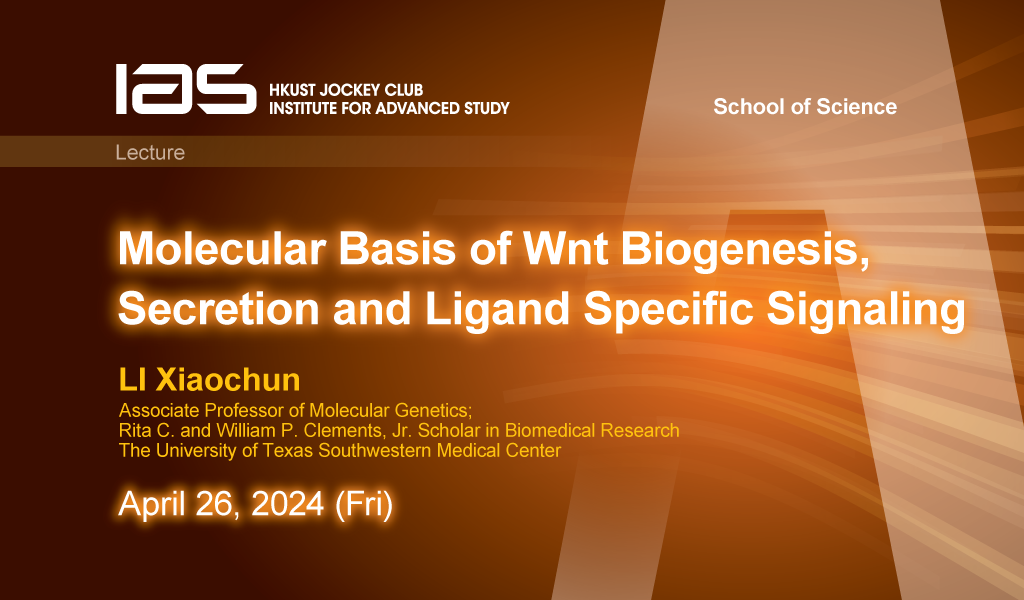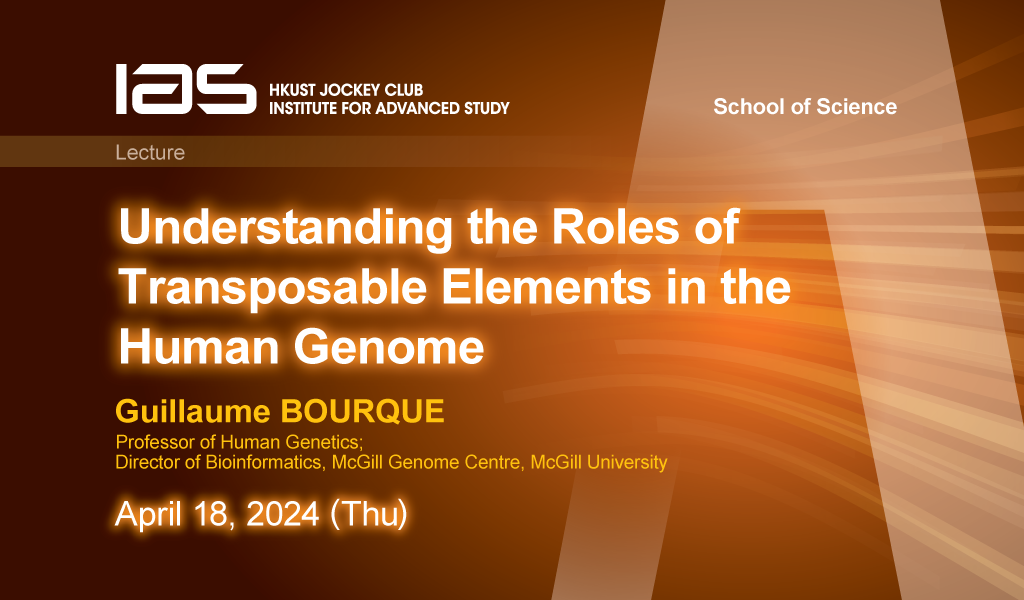Evaluating treatment effect heterogeneity widely informs treatment decision making. At the moment, much emphasis is placed on the estimation of the conditional average treatment effect via flexible machine learning algorithms. While these methods enjoy some theoretical appeal in terms of consistency and convergence rates, they generally perform poorly in terms of uncertainty quantification. This is troubling since assessing risk is crucial for reliable decision-making in sensitive and uncertain environments. In this work, we propose a conformal inference-based approach that can produce reliable interval estimates for counterfactuals and individual treatment effects under the potential outcome framework. For completely randomized or stratified randomized experiments with perfect compliance, the intervals have guaranteed average coverage in finite samples regardless of the unknown data generating mechanism. For randomized experiments with ignorable compliance and general observational studies obeying the strong ignorability assumption, the intervals satisfy a doubly robust property which states the following: the average coverage is approximately controlled if either the propensity score or the conditional quantiles of potential outcomes can be estimated accurately. Numerical studies on both synthetic and real datasets empirically demonstrate that existing methods suffer from a significant coverage deficit even in simple models. In contrast, our methods achieve the desired coverage with reasonably short intervals. This is a joint work with Emmanuel Candès.

Stanford University



